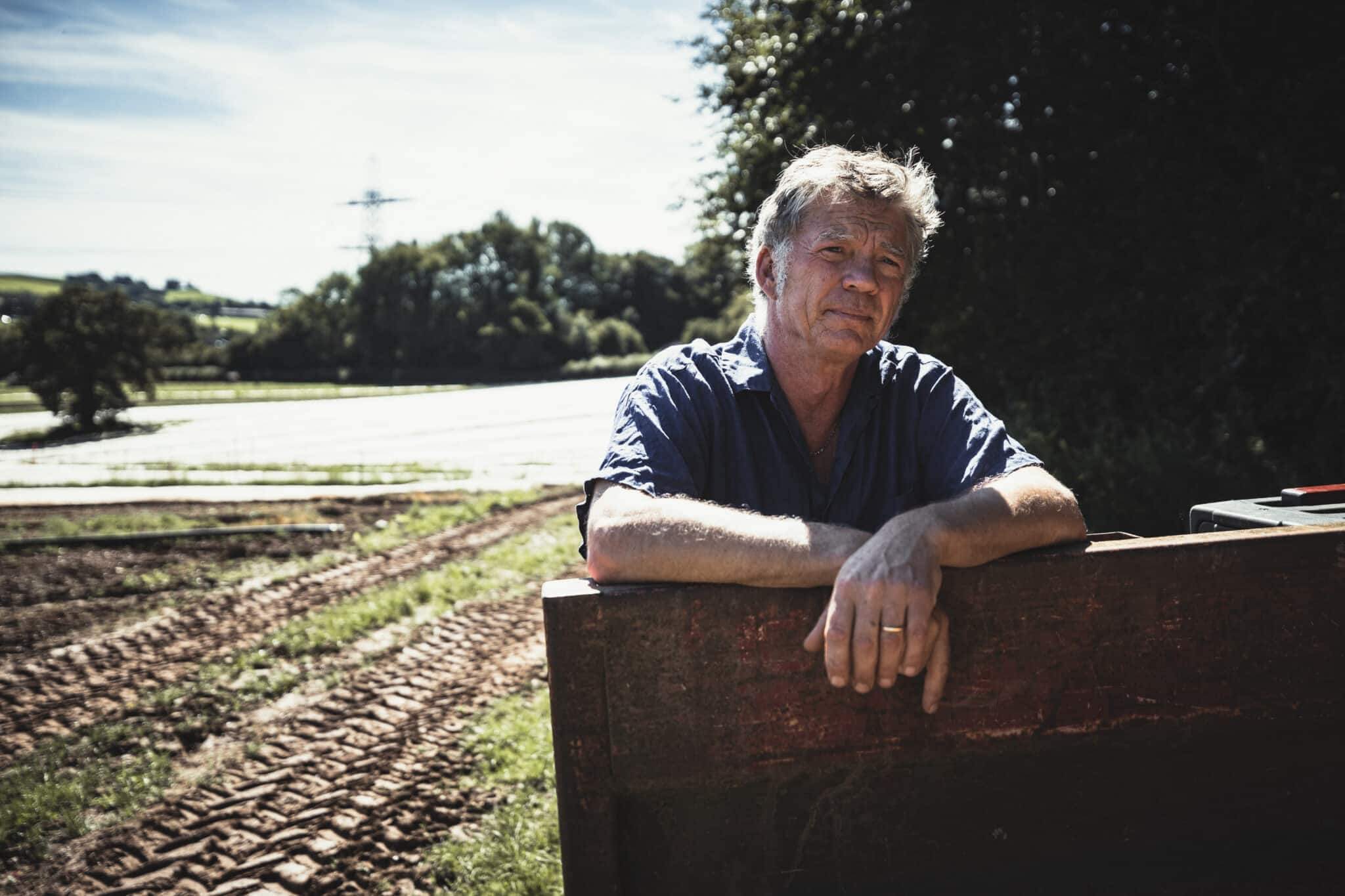There is a common misconception, held by politicians of all persuasions, that business is anti-regulation; that getting rid of red tape would unshackle frustrated entrepreneurs, and generate the growth and tax revenues we need to support our public services.
Listening to the universal dismay from business leaders in response to the recent reversals of policies on HS2 and net zero makes me appreciate how little these politicians understand of the business and wealth creation they claim to support. Those who invest in making things accept, pragmatically, that rules are necessary. To live, trade in, and benefit from an ordered society, with good infrastructure, and healthy, educated, law-abiding staff, customers, and community, requires fair, clear, universally applied rules – enshrined in law where possible. What business leaders value above all, regardless of our political leaning, is competence, consistency, and a stable environment to practice our trades.
What frustrates business, crushes investments, and impoverishes our nation’s future are laws, plans, and directives made in haste and then poorly implemented. We despair at short-lived political appointments, based on loyalty and ideology – and often replaced before the minister can grasp the fundamentals of their brief. This is exacerbated by the undermining of our civil service, which was created to provide knowledge and constancy, linking one government minister to the next.
Whether you are building a railway, a wind farm, a tunnel under the Thames, a slurry store, or a green house, you must make a long-term investment in people, machinery, and infrastructure. This requires the calm, ordered efficiency which most successful economies have come to take for granted.
We live in times of unprecedented uncertainty. Covid, climate change, and Putin were unavoidable. We will all have our own opinions on Brexit, immigration, net zero, new coal mines and oil fields, extensions to Heathrow, HS2, trade deals, ownership of Channel 4, farm subsidies… But I have yet to meet anyone who argues that they have been carefully and competently implemented, with due consideration of detail, the impacts of indecision on those tasked with implementation, or indeed the cost to the taxpayer. Britain needs a return to the careful, considered, sometimes boring governance our nation was once renowned for.
Farmers need stability and a long-term plan, just like any other business. Riverford is petitioning the government to curb supermarkets’ unfair treatment of farmers – giving them the stability they need to invest in a more sustainable future. Find out more at GetFairAboutFarming.co.uk.













Good words, Guy (though I might argue that climate change would have been perfectly avoidable if only humankind had accepted some lifestyle changes 50 years ago when the problem was first widely recognized).
But the cynic in me believes that politicians (of most stripes) are not just the victims of unintended consequences as you hint, but that their policies are very deliberate and aimed primarily at self-enrichment.
If you stand for parliament yourself, you’ll get my vote…
This blog had a “calming effect” on me. Thanks.
Quoted businesses (like supermarkets) unhappily choose to play into the hands of short-term “excitement politics.” As though playingfields can’t be changed!
For them I wish they’d slow down to ‘Semester financial Reporting” instead of quarterly, just as I’d hope that with all our “advanced” education (all those MBAs and PhDs), massive societal resolutions would be deemed important enough to be sought for seriously&pragmatically, by non-partisan political committees with long-term and intentional briefs, checked by the will of regular referendum inputs of min. 75% of eligible voters, and with executive teeth to create conditions conducive to solving these challenges not exacerbating and “opportun-izing” them.
It’s our tax pounds that are at stake either way.
I agree entirely. With regards to Supermarkets, can I suggest a league table of ‘most co-operative and understanding’ to ‘least co-operative and understanding’: that would help to inform consumer choice.
You could make it more sophisticated, across a range of farmer/supermarket interactions: fair price, support to investment, supporting nature improvements, etc; you will have a better idea than me of the headings but an annual ‘report card’ by farmers (collectively) on supermarkets would be instructive.
You can also ‘name and shame’; I suspect that there are some purchasers who are good, even if operating within a tight regime’. Equally, there will be some ‘tossers’: name and shame, name and shame.
You can also do the same with commentators and journalists: those who understand, or the George Monbiots of the world who seem to think we want to eat flavoured bacterial sludge.